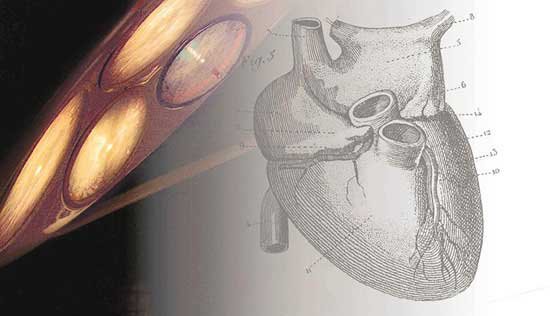Drug-free breakthrough in transplant patients - Los Angeles Times
Drug-free breakthrough in transplant patients
A procedure using bone marrow weans kidney recipients off anti-rejection medications which can produce side effects.
By Thomas H. Maugh II, Los Angeles Times Staff Writer
January 26, 2008
Massachusetts researchers have been able to wean four of five kidney transplant patients off anti-rejection drugs, a feat that could eventually lead to a sharp reduction in use of the expensive, side-effect-ridden medications.
By simultaneously giving recipients bone marrow from living donors, physicians were able to induce what is known as a state of tolerance, in which a recipient's immune system does not recognize the new organ as foreign.
The procedure was more remarkable in that the recipients were given kidneys that were not perfect tissue matches, making them more susceptible to rejection.
Based on experiments in monkeys, "there is reason to hope these patients will be off drugs for the rest of their lives," said Dr. David Sachs of Massachusetts General Hospital, lead author of the report in Thursday's New England Journal of Medicine.
The technique will not alleviate the shortage of donors, and patients who have already received transplants will not be able to stop taking medications, but the procedure could have a major effect on transplant recipients if it can be replicated in larger studies.
Anti-rejection drugs can cause a variety of problems, including excessive hair growth, bloating, tremors and kidney failure.
In the new procedure, developed in animals during a 30-year period, the team gave drugs and radiation to prospective recipients to weaken their immune systems and destroy T cells, the primary immune system component involved in tissue rejection.
A few days later, each patient received the transplant and an infusion of bone marrow from the donor. The patients initially received anti-rejection drugs but were successfully weaned off them after eight to 14 months.
The procedure was successful in the first two patients, one of whom has been drug-free for more than five years. The third patient, however, rejected the transplant and had to have a second. Examining the patient, the team observed a high level of another immune cell, called a B cell.
In the final two patients, the transplant team added antibodies against B cells. Both patients were weaned from drugs and have been drug-free two to three years.
Sachs plans to study the procedure in 15 to 20 other patients, and a team at Northwestern Memorial Hospital in Chicago is planning to study it in 20 patients.
thomas.maugh@latime

No comments:
Post a Comment